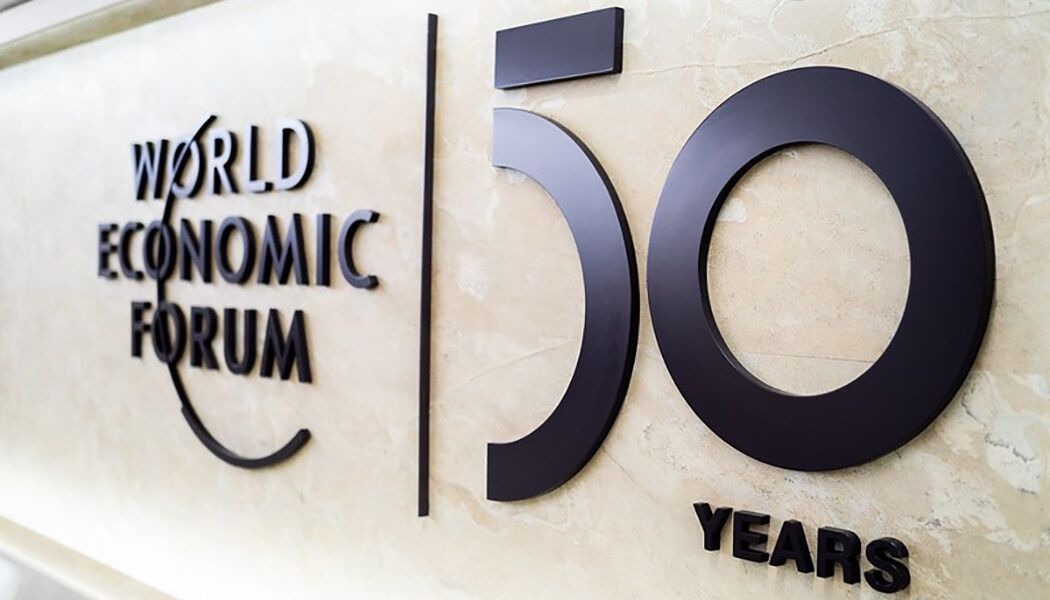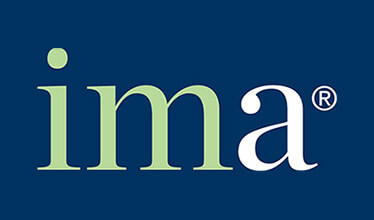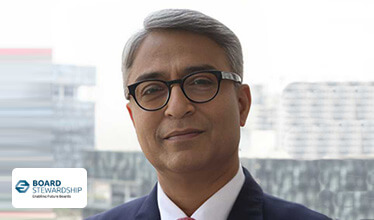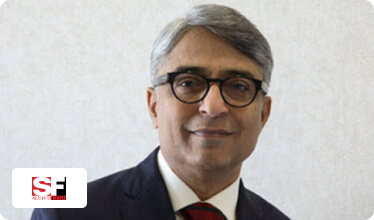Last month, the 50th edition of the World Economic Forum’s (WEF) annual meet saw an eclectic gathering of global leaders, industry titans, thinkers and academicians. The discussions persisted around ways to bring together ‘stakeholders for a more cohesive and sustainable world’. Through the meeting, the WEF “aimed to give concrete meaning to “stakeholder capitalism”, assist governments and international institutions in tracking progress towards the Paris Agreement and the Sustainable Development Goals, and facilitate discussions on technology and trade governance.”
The focus on stakeholder capitalism is relevant to the current state of the world economy. It was keeping with the growing global consensus that a shareholder-centric business approach is genuinely flawed. Instead, corporations need to expand the horizon of priorities to include a larger ecosystem – employees, customers, suppliers and communities alongside share-owners. The programme prioritised six key areas toward this objective. These included ecology, economy, technology, society, geopolitics and industry.
Of the numerous thoughts and ideas exchanged at the meet, I found two of them to be particularly path-breaking in our quest to create a more sustainable and equal world. In this blog, I reflect on those takeaways and discuss their long-term impact on our collective futures:
Climate Change:
At the time of setting the agenda for Davos 2020, Professor Klaus Schwab, Founder and Chairman, WEF, said, “our efforts to keep global warming limited to 1.5°C are falling dangerously short.” Greta Thunberg, the teenage climate and environmental activist, in her address noted, “Our house is still on fire. Your inaction is fuelling the flames by the hour.”
Their observations are not unwarranted. In fact, 2019 was the year of climate emergencies. Multiple events showed that the climate crisis is not a possibility in the distant future but a reality of our present. Think about the intense smog in Delhi, the bushfire crisis in Australia, the Amazon wildfires and the rapidly melting glaciers in the Arctic. The increasing number of climate calamities and their intensifying impact have shown that the emergency requires action from the top.
It was hence appropriate that climate change figured as a top agenda at Davos 2020. Global leaders exchanged ideas to avoid the irreversible chain reactions of harmful climatic conditions. These deliberations will encourage corporations to re-look at their response to the climate crises to fit in best practices into their approach.
Those without a strategy will be motivated to evaluate the roots of their carbon-footprints and quantify the long-term socioeconomic consequences of their actions. These, in turn, will lead to practical and creative solutions to the challenge of climate change in a manner that aligns with their business plan.
Diversity, Inclusion & Equality:
The Global Gender Gap Report 2020, a WEF publication, finds that it will take another 257 years for the economic gender gap to close at the current rate of progress. Against this backdrop, Davos 2020 underscored the need for companies to think about more inclusion, gender diversity and pay equality at all levels.
‘What must we do to be more inclusive?’ was a question corporate leaders repeatedly asked at the event. The answer lay in the numerous strategies to support the workforce, track and measure diversity, re-skill employees, and improve employee engagement. Clearly, the topic figured high on the list of participating corporations. This itself is a sign that they recognise the diversity and inclusion as a critical resource of human capital management.
In one of the sessions, Sanna Marin, the Prime Minister of Finland, voiced her hope that women leaders will be the new normal in the future. But she recognised that “we will have to fight each and every day for gender equality, for a better life,” because the world is not always moving progressively.
Close to the heels of the Davos meeting, Goldman Sachs, one of the largest underwriters of initial public offerings in the USA and Europe, announced that they would not take a company public if they do not have at least one diverse board director. The bank noted that IPOs with a woman board member did significantly better than those without one. It plans to increase the number to two by 2021.
By addressing the agenda of sustainability and equality, Davos 2020 made a clear case for the collective stakeholder progress in the 21st century. The discussions and insights demonstrate that every effort is significant; every decisive action is a step towards improvement. Economies and leaders, organisations and individuals, need to break-down barriers of differentiation and join hands to achieve these objectives.
Only then will we all be successful.











